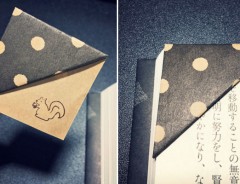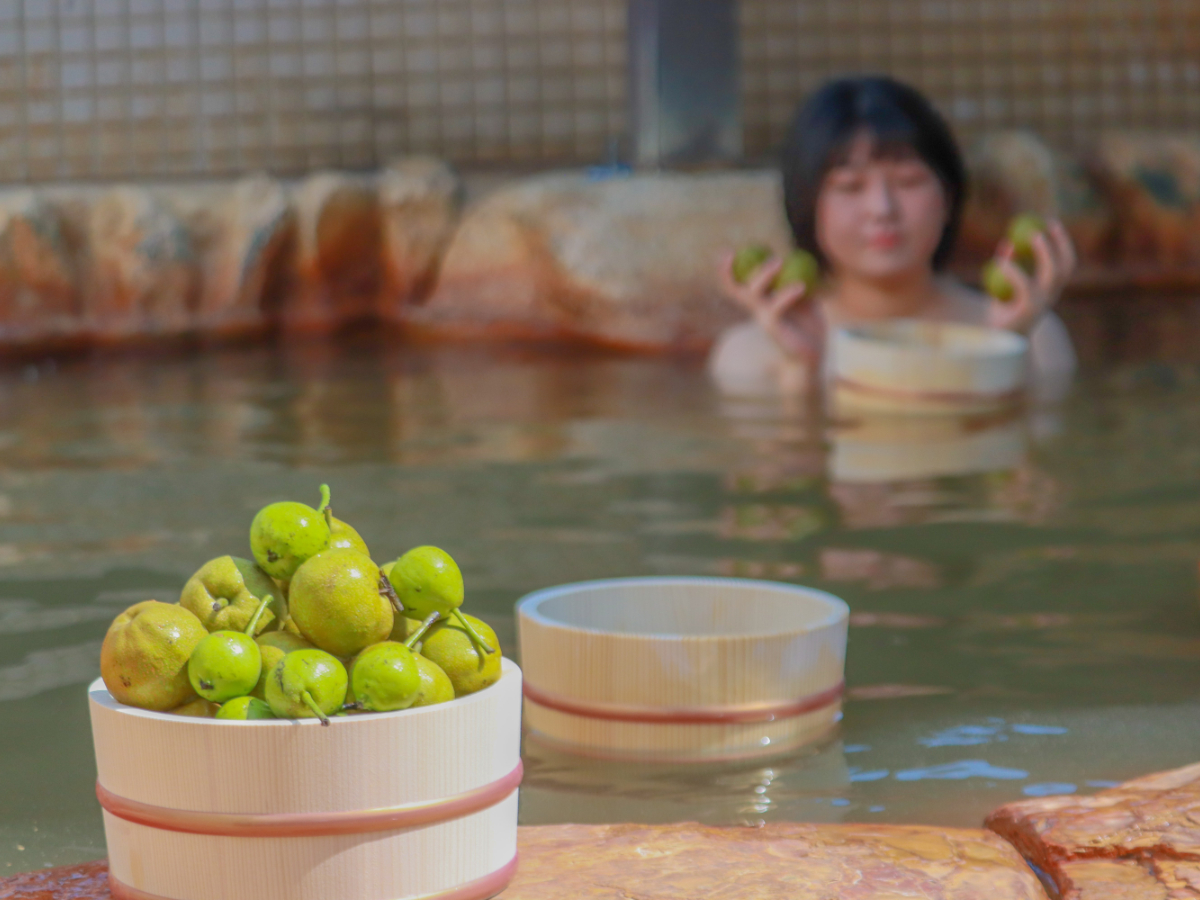Related Article
-

A Humorous Winter Masterpiece: Hokkaido Police’s Unique Snow Sculpture
-

Scottish Fold Cat In Japan Treats The Bath Rub Like A Resort Hot Spring
-

Japanese Twitter user thanks popular puzzle game for saving father’s life
-

Starbucks Japan Unmasks New Dark Night Masquerade Frappuccinos
-

Save your feet this rainy season with these portable, lightweight shoe covers
-

Never Lose Your Page Again With This Easy-To-Make Bookmark!



If life gives you lemons you make lemonade right? So what do you do when life gives you pears? Take a bath, that's what!
At least that’s what they’re doing at Saitama’s Ofuro Cafe Hakuju no Yu.
You’ve probably heard all about Japan’s over priced range of fruits. Take the Yubari King Watermelons for example, of which a pair went for a record breaking 5 million yen back in 2019. Why would any fruit have to be that expensive, you might ask? According to the country’s fruit “experts”, the reasoning is that these fruits are perfect in every way – flavour, texture, colour, shape, size and juiciness.
These picture-perfect goodies are so popular that there’s no room on supermarket shelves for those deemed less saleable.
So what exactly happens to the “weird” ones?
Up until recently, the majority of fruits that don’t quite make the cut are either eaten by the families of their farmers, or simply discarded. With farmers making up only 3.4% of the population, for the most part, these “imperfect” fruits end up as compost (and feeds back into the cycle of Japan’s excessively priced fruit industry).
Fortunately, this wasteful lifestyle seems to be disappearing, as more and more individuals and companies are becoming aware of the impact food waste has on the world. Helping to guide society towards a more sustainable future are the ‘Sustainable Development Goals’ (from here onwards known as SDG’s), which consists of a collection of 17 interlinked global goals.
Number 12 on the list; ‘ensure sustainable consumption and production patterns’, which aims to tackle issues like food waste, is one of the easier targets to meet.
Adopting the goal into their system, the Ofuro Cafe Hakuju no Yu located in Saitama’s Kamikawa-machi, is holding a special bathing experience utilising local pears that would otherwise be discarded.
The limited time ‘Pear and Pear Leaf Bath’ has been designed in collaboration with local pear farm Aikawa Pear Garden. This pear farm, which has been in business for more than 100 years, creates their perfect pears by hand pollinating each flower.
As a local specialty, Ofuro Cafe Hakuju no Yu is encouraging customers to get to know pears a little bit better, and to support pear production through the event.
Visitors can enjoy the warm waters of the open-air baths whilst surrounded by freshly picked pears bobbing along the surface. Pear baths, although not common, actually have a long history of being a folk remedy for summer itching and heat rash.
For those who can’t quite get enough of pears, the event will also see fresh fruits for sale in the on-site shop, and pear amazake available in the restaurant.
This special event will be held for a limited time period from the 20th to the 22nd of August.
Ofuro Cafe Hakuju no Yu Pear and Pear Leaf Bath
Dates: Friday 20 August – Sunday 22 August
Location: Ofuro Cafe Hakuju no Yu, 337-1 Watase, Kamikawa-cho, Kodama-gun, Saitama